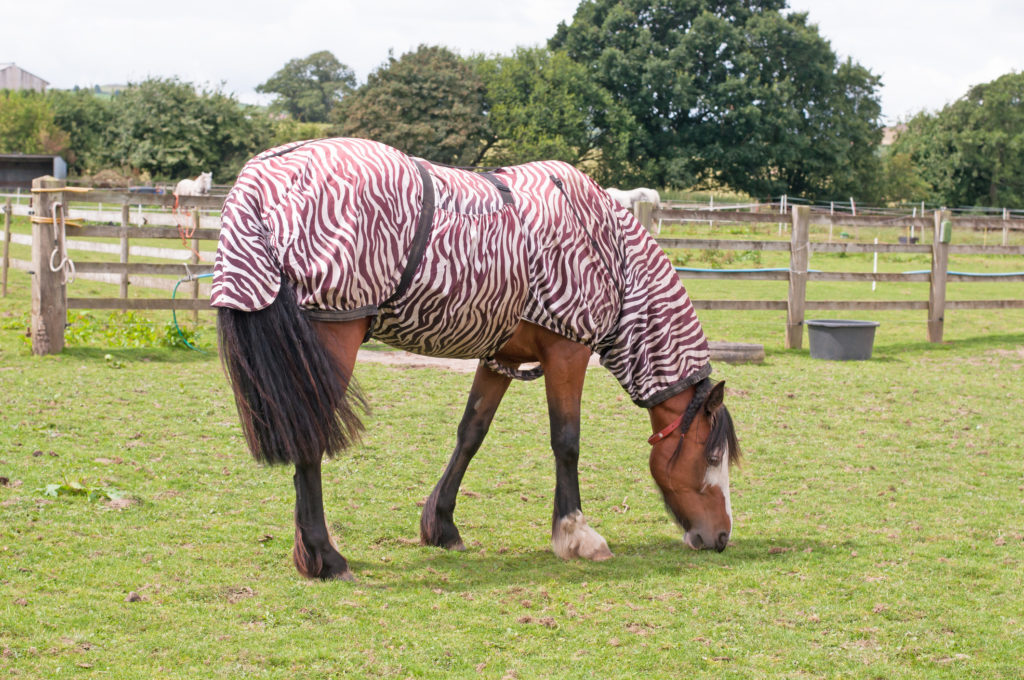
5 Summer Horse Health Risks
Help keep your horse healthy and get the most out of the coming months by increasing your understanding of—and watching for—five common health conditions seen during the summer.

Help keep your horse healthy and get the most out of the coming months by increasing your understanding of—and watching for—five common health conditions seen during the summer.

Do you have an itchy horse? Learn about 6 possible causes of pruritus in this visual guide.

Skin conditions in horses are often difficult to diagnose and frustrating to treat, with causes ranging from fungi to allergens to who-knows-what. Check out our pictures of common equine skin conditions—patchy to scabby and everything between.

A horse owner asks how omega-3s might help her hives-afflicted horse and if adding a fat supplement will unbalance his diet.
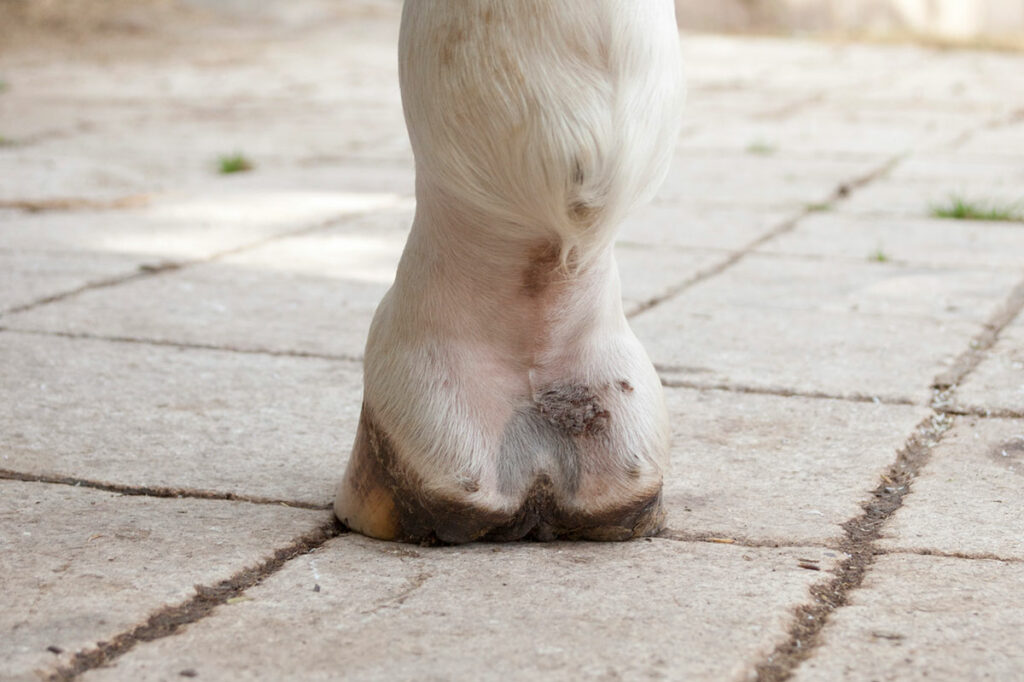
Researchers found areas with equine pastern dermatitis had less bacterial diversity and more Staphylococcaceae than healthy skin.

A researcher describes ectoparasites, infections, and hypersensitivity disorders that can cause pruritus in horses.

Adding EquiShield SA to my horse’s skin care arsenal has helped him cope with allergens and clear his hives.

Readers submitted photos and stories of their itchy horses for a chance to win a prize from Kinetic Vet.

TheHorse.com Facebook fans selected Kimberly Foster’s photo of “Opus” as the overall winner.

Do you have an itchy horse? Enter The Horse’s photo contest for a chance to win a prize pack from Kinetic Vet!
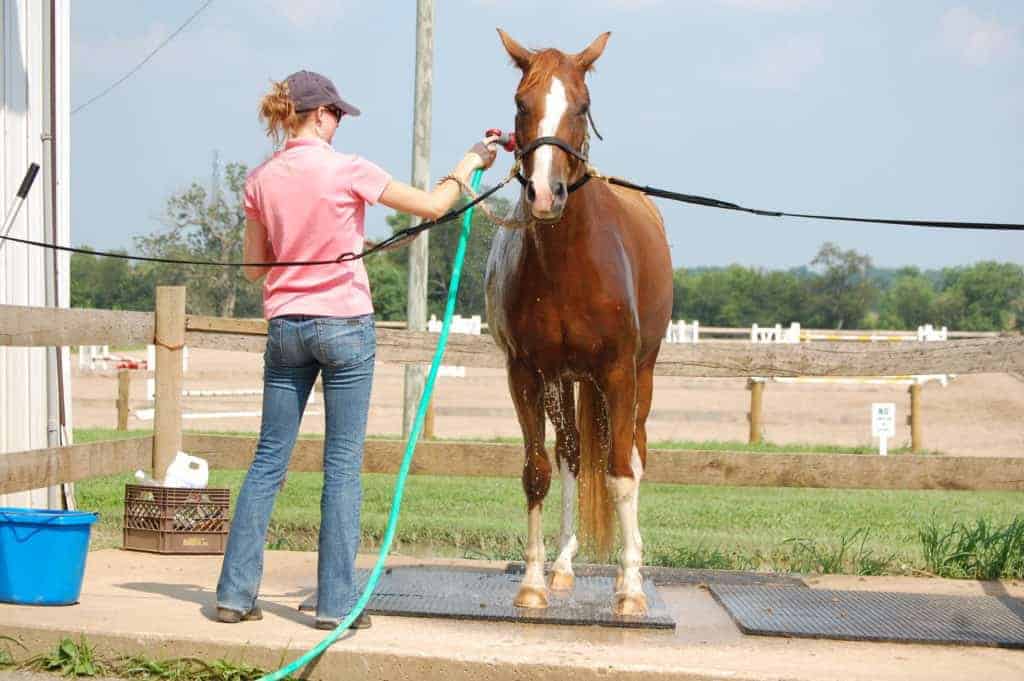
Find out how to avoid equine skin and coat problems caused by frequent lathering and rinsing.

Learn how veterinarians diagnosed and managed six real-life equine Cushing’s cases that strayed from the classic scenarios.

Aged horses require the same, if not higher, level of care as their younger counterparts. Learn about the unique needs of old horses, and meet five over-30 horses with age-related ailments.
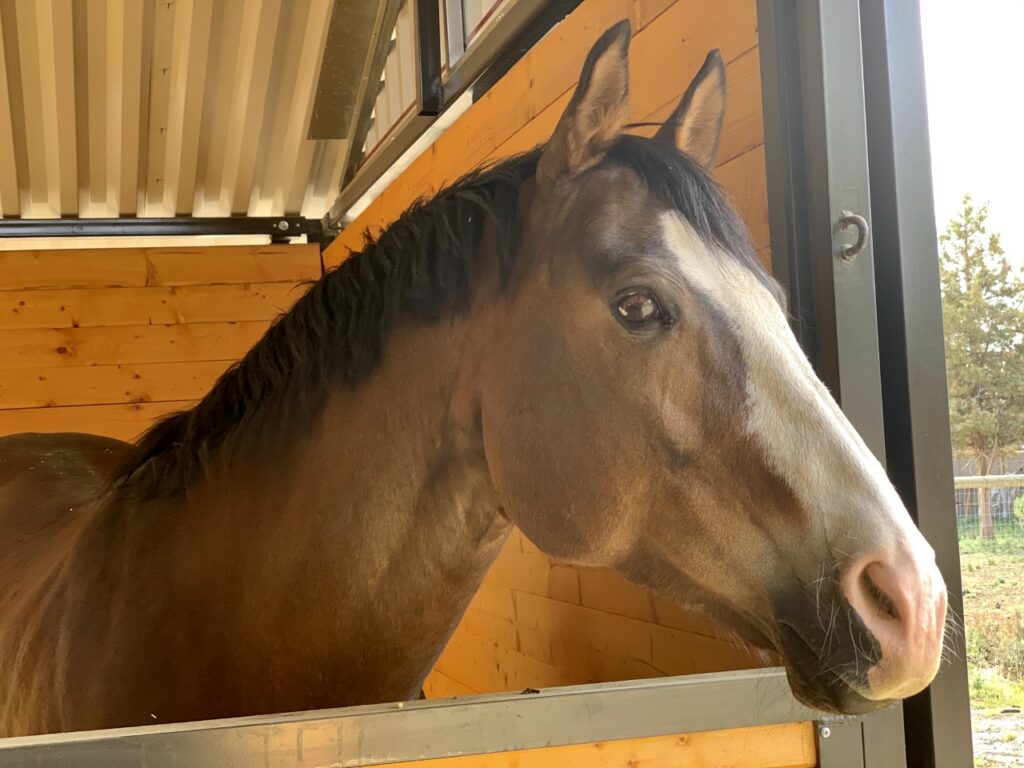
Does your horse break out into hives during stressful situations?

My older horse has respiratory allergies. Is there anything I can do to help him breathe easier while wearing a muzzle?
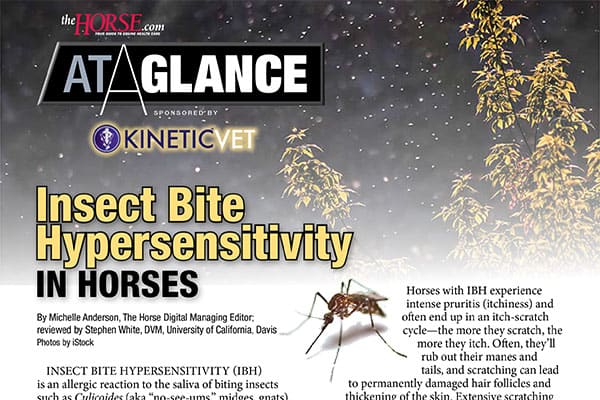
Do you have an itchy horse? We have help! Check out our special report on sweet itch. Sponsored by Kinetic Vet.
Stay on top of the most recent Horse Health news with
"*" indicates required fields